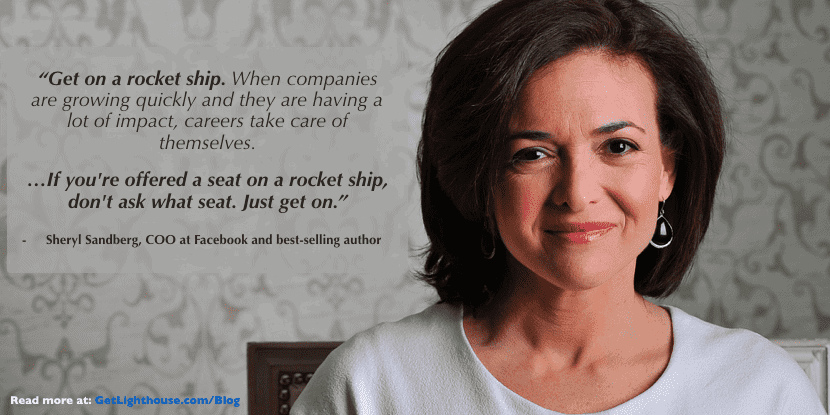
There's no question that an individual's work history can shift dramatically throughout their life. The Bureau of Labor Statistics found that people born between 1957-1964 changed jobs on average 5.7 times between 18 and 24, and between 25 and 34, and between two and four times between 25 and 34. This number drops to 2.9 changes between the ages of 35 and 44, and 1.9 changes between 45 and 52. This trend may not translate into career shifts, as changes may not always be the exact same.
Gen Z
One of the most important traits of Gen Z workers is their willingness to change career direction if it serves their best interests. In fact, 44 per cent of Gen Zers would rather not be employed than have a job that interests them. These traits are beneficial to both Gen Z employees as well as employers.
Recent research found that almost 80 percent of Gen Z professionals would be open to a career change in any industry or job function. Half of these young professionals would also consider relocating to a new location for their new role. A further 20% of Gen Z workers stated that they would consider a job that offers more variety.

Millennials
Some people will stay with the same job for their entire lives, while others may switch jobs to find the right one. There are many reasons why someone might change their career. These are just a few: millennials and baby boomers as well as the general population. The majority of people don’t want to stay in the same spot for their entire life.
Many people seek work that is more rewarding and satisfying. Many people are looking for work opportunities in the health, education, or environmental fields. Others might want to change careers for better pay. According to the U.S. Bureau of Labor Statistics' survey, workers change jobs an average of five to seven times during their lives. This trend is expected to continue in the future. In addition, changing economic conditions are making it more likely that career changes will occur. People are working longer hours and part-time.
Gen X
The next generation is expected to join the workforce in the coming years. In comparison to the previous generations, Gen Z and millennial workers are likely to stay in their jobs for an average of three years. This shift is based on the stage they are at in their lives and their generation. As a result, they will look for more job flexibility, better pay, and better benefits. Because of this, they won't change their career as often as their Gen X counterparts.
Gen Xers value clear expectations and set goals for their work. This helps them stay focused. They may ask several questions to get project requirements. Then they can create their own plan to complete the project. As needed, they may offer guidance to the team.

Baby boomers
Many baby boomers are seeking a new career. These are highly educated and independent people. Many of these people grew up during times of reform, challenging the status quo. They are not afraid of conflict and will challenge the accepted ways of doing things. They are dedicated to their careers and goal-oriented.
Baby boomers have a wide variety of career experiences. They know what interests them and what kinda contribution they are looking for. Changing careers is a great way to explore different interests, expand their skills and get a fresh perspective. Changes in careers allow them to travel to different areas, work in different jobs, and explore different industries.